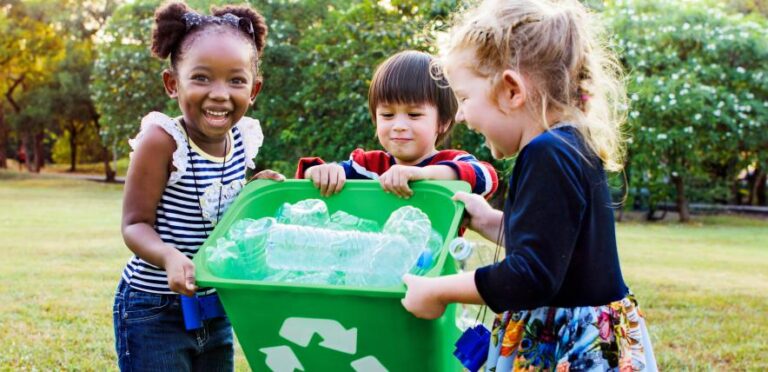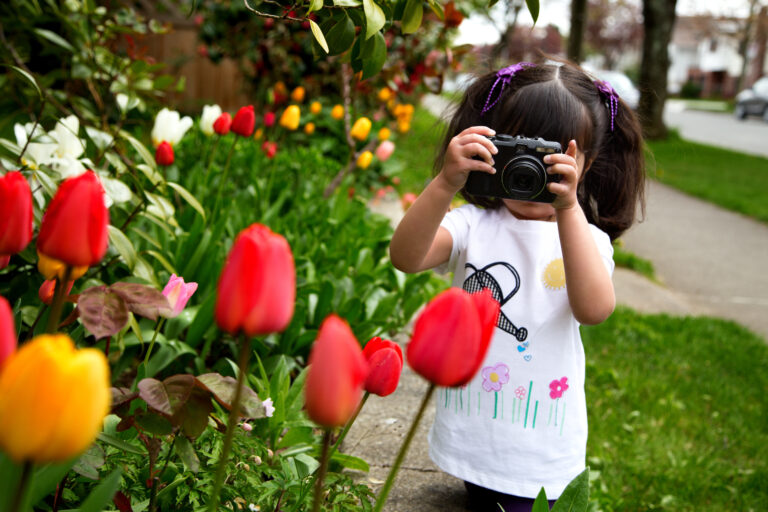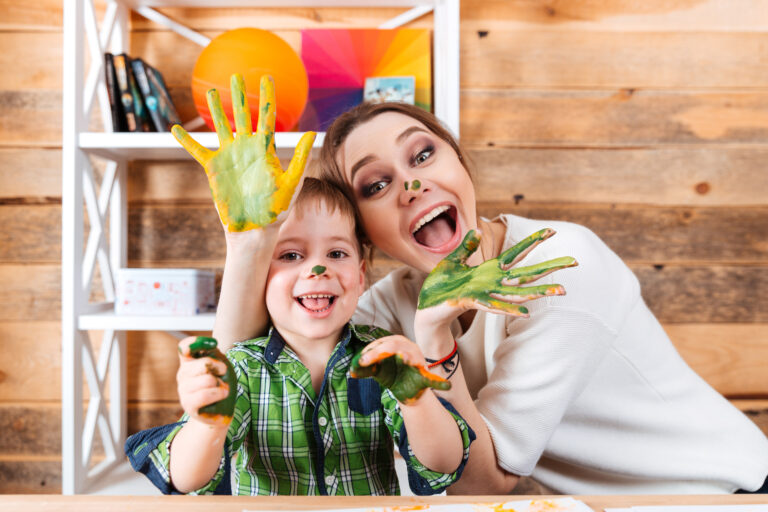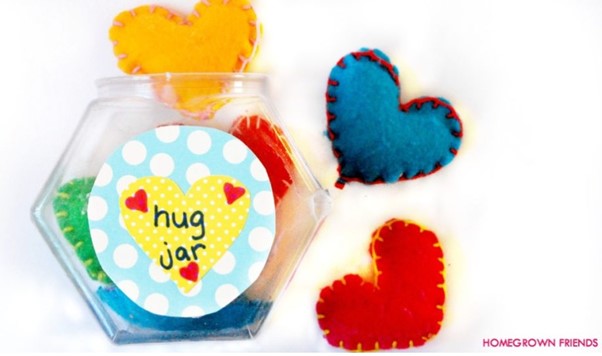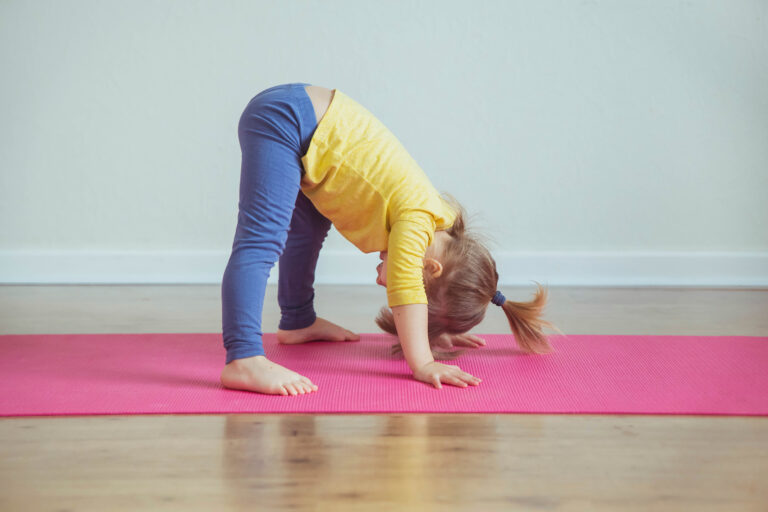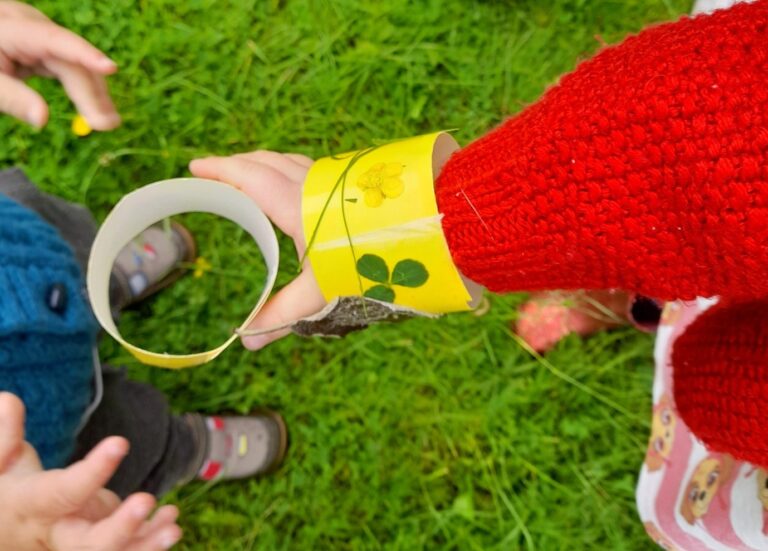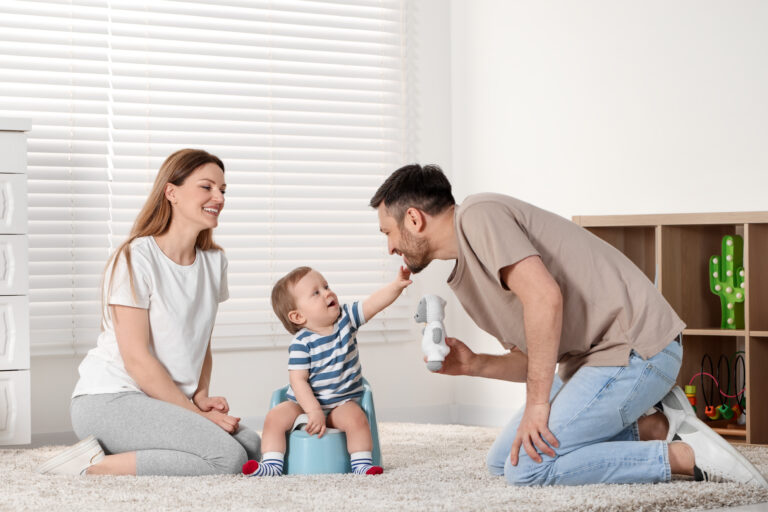Teaching children about caring for our planet can be a fun and educational experience. Together, you can explore recycling options, establish waste reduction practices, and participate in community initiatives. By engaging in these activities, you not only set a positive example but also create lasting memories and forge stronger family bonds. By making small changes in our daily lives, we can make a significant difference.
“Today’s young children are tomorrow’s adults, and our best hope for the future well-being of our planet is to teach our children about the importance of taking care of it as they grow”
Recycling
We all know that recycling is important for our community and our planet and it is up to us as adults to ensure children understand why is is important, and how we can get them involved from the earliest age.
There are some great ideas on the BBC CBeebies website on recycling and how young children can get involved:
https://www.bbc.co.uk/cbeebies/joinin/how-to-get-kids-to-recycle
Recycling toys and clothes
Encourage and support children to go through their toys and clothes every 6 months and choose some things they no longer use to give to the local charity shops. Use this as an opportunity to talk about recycling clothes and toys so that others can reuse and love them too.
Avoiding food waste
The UK throws away food valued at £14billion every year – and 70% of all food that’s thrown away in the UK comes from our homes, which means every single one of us has a vitally important role to play in the battle against climate change.
Love Food Hate Waste is a great website for supporting you and your family in reducing food waste. There are lots of ideas from using seasonal food to cooking with leftover, cooking with frozen food to lunchbox leftovers, and shopping for food for less, particularly important now with the rising costs of food.
https://www.lovefoodhatewaste.com
There are also some great ideas on these sites:
https://www.bbcgoodfood.com/howto/guide/how-reduce-food-waste
and
https://wrap.org.uk/taking-action/food-drink/actions/action-on-food-waste
Reducing plastic
Did you know that 12.7 million tonnes of plastic ends up in our oceans every year?
Plastic now inhabits every corner of the world and has even been found floating around the Arctic. We can all do to reduce the amount of plastic waste that ends up in our oceans.
This short video shows the affect of our plastic waste production on the animals that live in the oceans and the problems that plastic can cause them. The story develops to show how by working together we can tackle this problem and that even the smallest of helpers can make a big difference.
https://www.youtube.com/watch?v=xFPoIU5iiYQ
Helping our planet and our wildlife
Nature conservation means protecting our environment and the wildlife that lives in it. It includes looking after biodiversity and the health of the planet. There are lots of simple ways that kids can get involved in conservation and start helping the areas and species under threat.
To want to protect nature, your children have to both understand it and see the value of it.
National Geographic Kids is a great website for facts about our planet and its wildlife from ’10 top facts about giraffes’ to facts about climate change, protecting wildlife and natural habitats around the world. It has some great facts and ideas that you can use with your child at any age to get involved.
https://www.natgeokids.com/uk/discover/science/nature/how-to-save-the-planet
Encourage your children to be outdoors in nature as much as possible. Providing your children with many different opportunities to learn through nature, re-connect with it, enjoy it will mean they are more likely to respect it and want to care for it.
The Woodland Trust has lots of ideas and ways to get involved in nature, from finding out about trees and wildlife, ways to attract birds and butterflies into your garden, or making a bug hotel to encourage minibeasts as well as ways to get involved in your local area.
https://www.woodlandtrust.org.uk
More resources
This article in the Alliance Family Corner website may help you:
https://www.familycorner.co.uk/raising-green-family
The Wombles can also help! Check out the website for lots of ideas and a series of short videos on topics such as:
Reusing and recycling
Reducing food waste
Reducing energy usage at home
Reducing litter
Travelling smarter
Creating wildlife friendly gardens
Helping to care for the coast
Stories can help too:
Somebody crunched Colin
Somebody swallowed Stanley
Both by Sarah Roberts. These books tackle the problems around plastics in our environments and how we can help.

